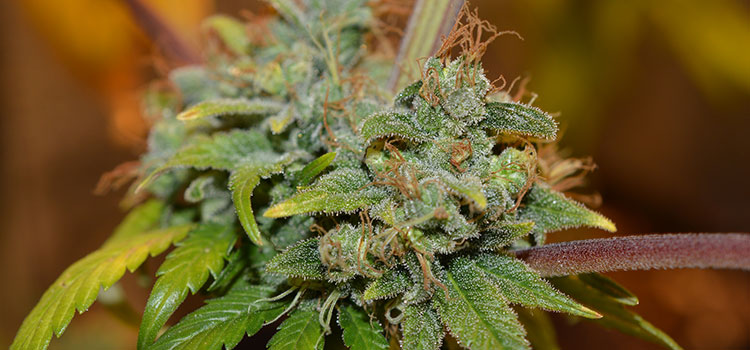A study published in the scientific journal Health Affairs found that states with medical marijuana laws see a reduction in prescription drug use and lower Medicare spending. Researchers used data on all prescriptions filled by Medicare Part D from 2010 to 2013, concluding “that the use of prescription drugs for which marijuana could serve as a clinical alternative fell significantly, once a medical marijuana law was implemented.”
States with a medical cannabis program saw an estimated $165.3 million-per-year overall reduction in Medicare program and enrollee spending in 2013, according to University of Georgia researchers. They estimated that if cannabis therapies were available nationwide, prescription drug savings would total about $468 million per year. Medicare Part D covers the cost of prescriptions for enrollees.
The study focused on patients’ intake and spending on prescription drugs covered by Medicare Part D that are also commonly treated with cannabis in states where it is legal. Common conditions included: anxiety, depression, glaucoma, nausea, chronic pain, psychosis, seizures, sleep disorders, and spasticity. Prescription drug use declined “significantly” in regard to seven of those conditions, the study found.
Authors concluded that their study adds to the “growing body of evidence suggesting that the Schedule I status of marijuana is outdated.”
“We wouldn’t say that saving money is the reason to adopt [medical cannabis]. But it should be part of the discussion,” W. David Bradford, one of the study’s authors, said in an NPR report. “We think it’s pretty good indirect evidence that people are using this as medication.”
Half of the U.S. states and Washington D.C. have medical marijuana programs. Florida and Missouri are expected to vote on medical cannabis measures this November.
